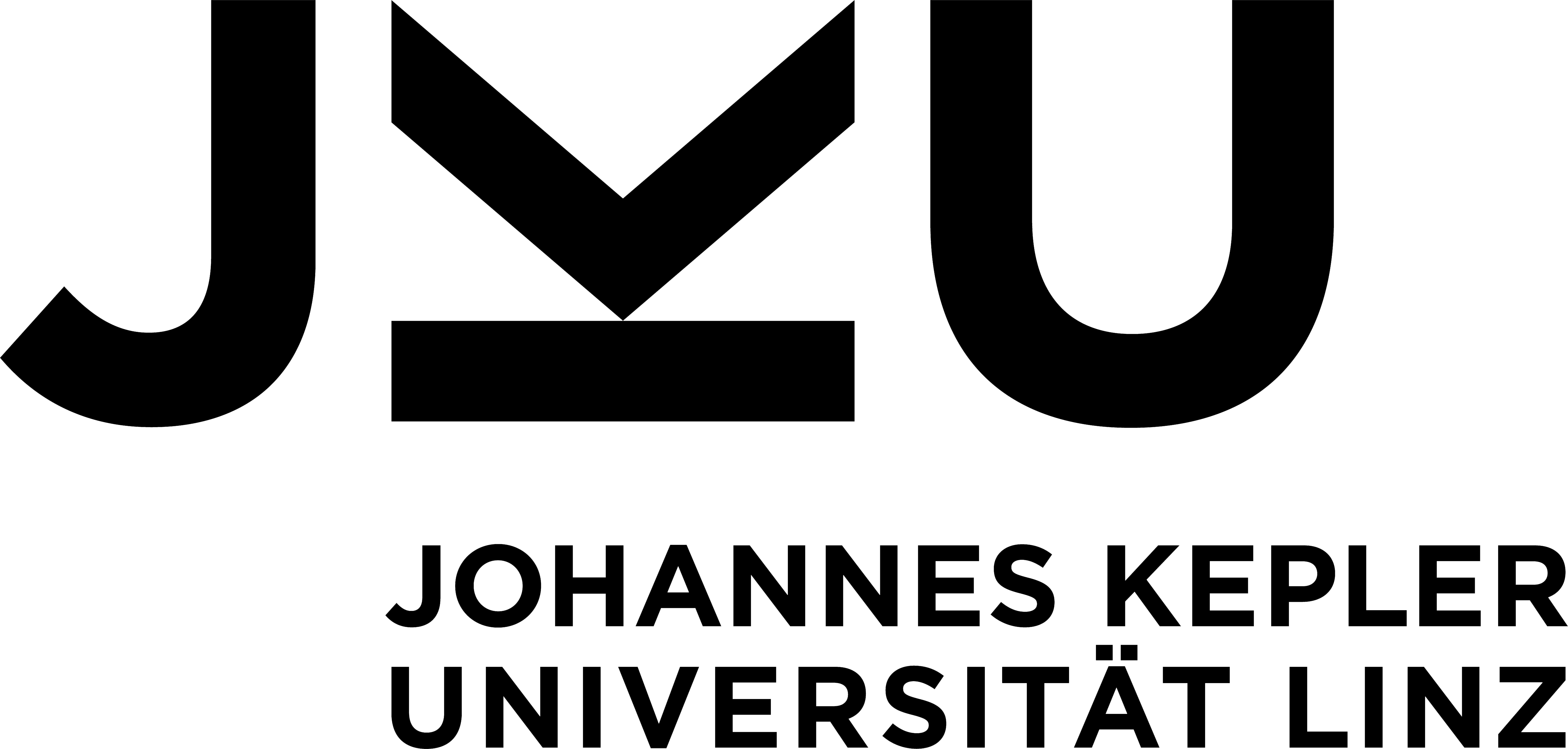Computer Science Colloquium
Professor Anind K. Dey
HCI Institute, Carnegie Mellon University, Pittsburgh, USA
A Framework to Support Opportunistic Groups in Context Aware and Internet of Things Applications
Fri 08.05.2015, 13:00, 60 minutesScience Park 3, HS 18
Abstract
Context-aware computing utilizes information about users and their environment in order to provide relevant information and services. To date, however, most context-aware applications only take advantage of contexts that can either be produced on the device they are running on, or on external devices that are known beforehand. While there are many application domains that would benefit from the ability to serendipitously sense and share context between users/devices, creating these applications is currently difficult because there is no way for devices to work together without either 1) explicitly directing them to do so, or 2) through some form of advanced user coordination (e.g., sharing credentials, installing and running the same software). This makes these approaches useful when the need to exchange information is known a priori, but impractical for the one-time, spontaneous interactions that make up the majority of our lives. In this talk, I will present the Group Context Framework (GCF), a new software toolkit that simplifies the process of sharing contextual information between two or more devices. In contrast with other techniques that require explicit precoordination between the specific users/devices involved, GCF allows devices to intelligently and autonomously form opportunistic groups based on their contextual relevance to one another. This allows developers to take advantage of opportunistic context in their applications without requiring devices to explicitly know of each other in advance. In addition to providing the technical means for devices to form opportunistic groups and share context, we will also present a series of applications that demonstrates how this capability can be used to increase users´ ability to interact with other devices and with each other. Together, this work demonstrates the utility of opportunistic groups in context-aware computing, and highlights the critical challenges that need to be addressed in order for opportun-istic context sharing to be practical in real world systems.Bio
Anind K. Dey is the Charles M. Geschke Director of the Human-Computer Interaction Institute at Carnegie Mellon University, which performs research at the intersection of ubiquitous computing, human-computer interaction and machine learning, in the areas of mobile computing, health and sustainability among others. He has authored over 100 papers on these topics and serves on the editorial board of several journals. Anind received his PhD in Computer Science from Georgia Tech, along with a Masters of Science in both Computer Science and Aerospace Engineering. He received his Bachelor of Applied Science in Computer Engineering from Simon Fraser University.Invited by Univ.Prof. Dr. Alois Ferscha, Institut für Pervasive Computing
The Computer Science Colloquium is organized by the Department of Coputer Science at JKU, the Österreichische Gesellschaft für Informatik (ÖGI) and the Österreichische Computergesellschaft (OCG).
